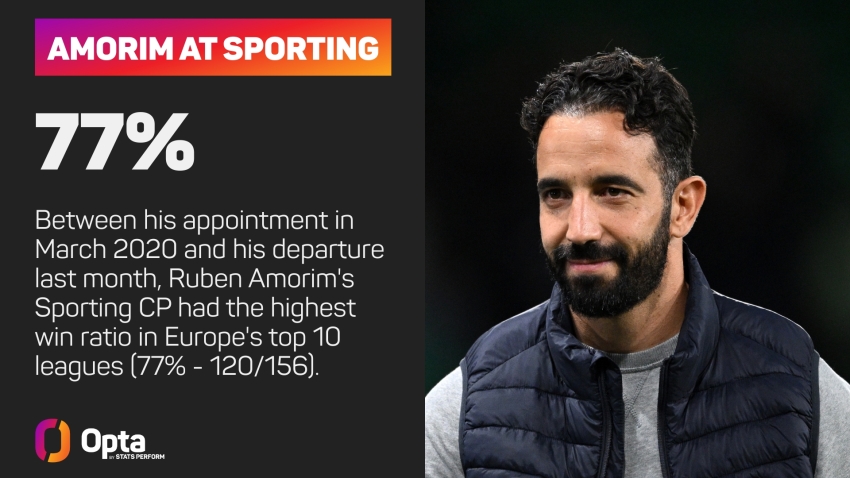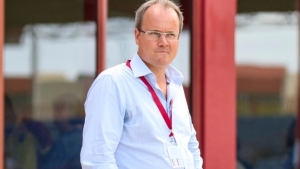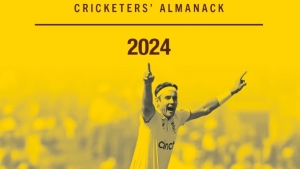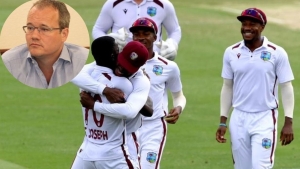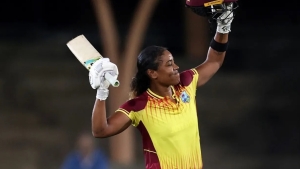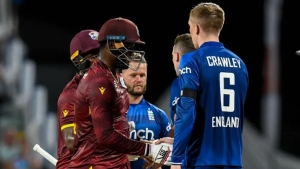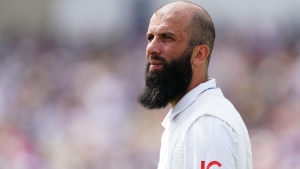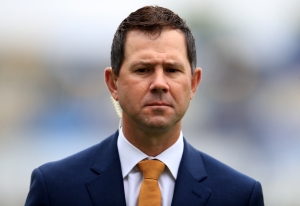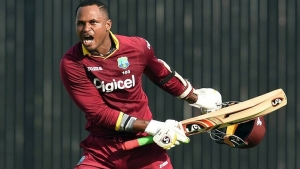India’s financial stranglehold on world cricket is the top target in the latest edition of the Wisden Cricketers’ Almanack, as it once again ponders the health of a sport held down by a global postcode lottery.
The 161st edition of the beloved yellow book takes a typically sober look at the state of the game, majoring on the distorting effects of the Board of Control for Cricket in India’s latest grab of the purse strings.
In his 13th year at the helm, Lawrence Booth uses the influential platform of his editor’s notes to rail against last year’s decision to increase India’s share of central ICC funds from an already swollen 25 per cent to a bloated to 38.5 per cent. He brands the latest settlement “all the harder to stomach” when pitted against the money troubles of others like the West Indies, whose own take represents just 4.58 per cent.
Booth concludes that fear of upsetting those behind cricket’s biggest commercial market is poisoning the well that all nations drink from and calls for an urgent rethink.
“This is where cricket finds itself, in dreary thrall to the notion that market forces must be obeyed,” he writes.
“Is it really beyond the wit of the administrators to distribute it (cash) according to need, not greed?”
Wisden is critical of the BCCI’s conduct as hosts of the recent men’s World Cup, deeming the politicisation of the tournament “faintly Orwellian” and an example of “insidious nationalism”. Booth touches on the delay in granting England’s Shoaib Bashir a visa for the new year Test tour, the latest hold up to impact a player of Pakistani heritage, and the fact that a principled boycott by his team-mates never got off the ground.
“The answer to too many questions in cricket is now: because we mustn’t upset India. And don’t the BCCI know it,” he concludes.
On the field, there was a full-throated reprisal of the previous volume’s support for ‘Bazball’ and the revitalising effects of Ben Stokes and Brendon McCullum as stewards of the red-ball format.
Reflecting on the thrills and spills of a vintage Ashes summer, Booth decides: “For the first time since English cricket vanished behind a paywall, it felt like the people’s sport.”
The comparison with England’s fading fortunes in the white-ball arena is predictably grisly following the defending champions’ World Cup wipeout. There is an opportunity to right some of those wrongs close at hand, but Wisden’s warning over the stakes for the captain and coach is cold and clear: “(Jos) Buttler and (Matthew) Mott must mount a better defence of this year’s T20 World Cup if they are to keep their jobs.”
Elsewhere, Stuart Broad casts a long shadow. Not only does the retired seamer grace the cover for the second time, he also warrants special mention from Booth at the front of the book and a farewell essay from Jonathan Liew.
There is a joint tribute to two more departing greats of English seam bowling, with Katherine Sciver-Brunt and Anya Shrubsole receiving a send off from former team-mate Ebony Rainford-Brent.
The wider historical context of game is served by pieces on England’s 100th women’s Test, the first nation to reach the milestone, and a look back on 250 years of the lbw law, and there are entries from both ends of spectrum of seriousness.
Michael Collins, one of the co-authors of the Independent Commission for Equity in Cricket report, contributes a thoughtful and scholarly update covering the thorniest matters of discrimination. In it he reiterates many of the most difficult findings – chiefly the lingering presence of ingrained racism, classism and sexism within the sport at large – but strikes an optimistic tone about the chances of renewal.
“History need not make us prisoners of the past,” he writes.
“Recognising and understanding the weight of what has gone before is also a route to creating a new and different future.”
At the opposite pole is a healthy slice of playfulness, from Emma John’s appraisal of Wisden’s history on Desert Island Discs to the pleasingly irreverent social media review of the year and the enduring ‘index of unusual occurrences’.
:: The Wisden Cricketers’ Almanack 2024 is published by Bloomsbury on April 18.











